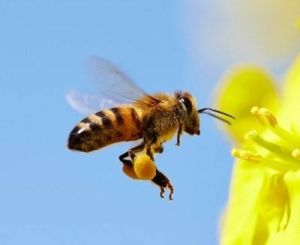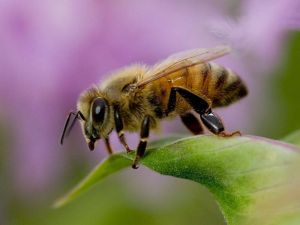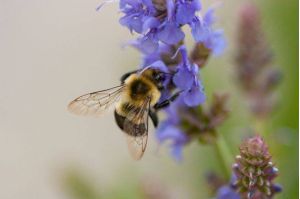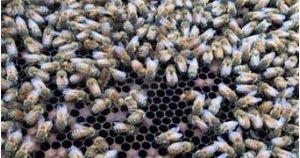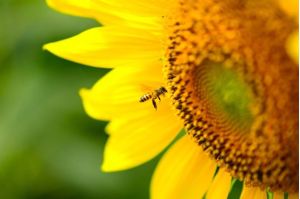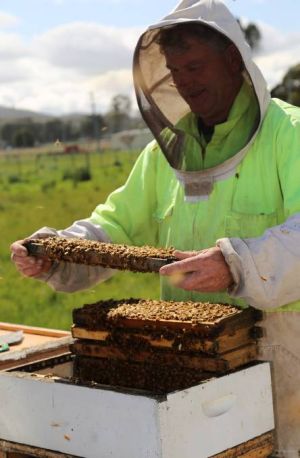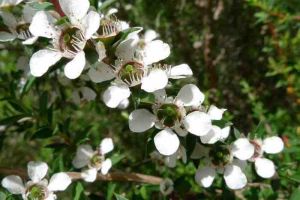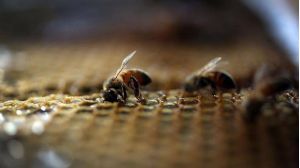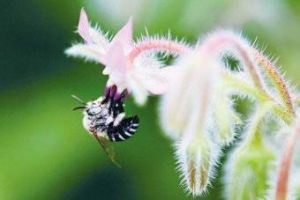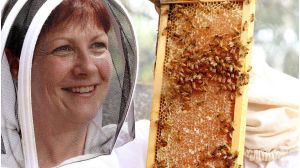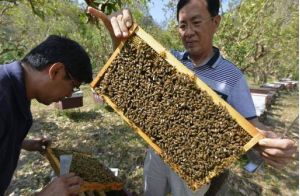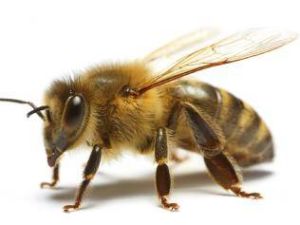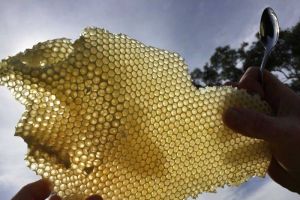Tel: 02 9731 7400 | Unit 1A, 1 Swaffham Road, Minto NSW 2566
Previous Articles
Blog Archive
A regional Australian company behind a game-changing bio insecticide that is safe for bees and other beneficial insects has secured funding to ensure its production remains on home soil.
As wild bee populations in the US collapse, with big implications for agriculture, new software might just save the day. Andrew Masterson reports.
Declines in wild bee populations in the US are putting at least $3 billion worth of crops at risk, a new study has shown – but help may be at hand in the form of an app.
A proposal to explore the commercial effectiveness of bumblebees in our State must only go ahead if the risks to honey bees can be guaranteed not to exist.
On face value, finding another species to help with pollination of crops is a worthy and potentially necessary move.
Given the bumblebees exist in Tasmania, and we are told eradication is not feasible, using them to stimulate growth in the horticultural sector seems like the best way to go.
Manuka honey made by bees foraging on Australian native plants has antibacterial properties at least as powerful as the famous New Zealand variety, according to new research, but New Zealand producers are trying to trademark the name.
Researchers have found the medicinal properties of Australian manuka honey are just as powerful as that produced in New Zealand.
Bees are said to be responsible for one out of every three bites of food we eat. Honey is good but it’s the flowers they pollinate that makes bees essential to our lives.
Bee expert Doug Purdie says you don’t need to manage a bee-hive, you simply need to grow plants that bees like.
When Professor Mandyam Srinivasan began studying bees 25 years ago, he had no idea where it would take him.
He was interested in learning how they landed so elegantly, and avoided colliding in mid-air.
SANDRA Ullrich loves bees. She really. Loves. Bees.
To hear the nursing lecturer-cum-apiarist talk about her furry yellow charges is to hear a woman besotted.
Ullrich literally talks to her bees, introducing herself as she approaches each hive
Jiang's family has been keeping bees for 80 years and he now manages 500 hives in the northwest county of Hsinchu. In total his family run around 2,000 across northern Taiwan.
WHEN you mention leatherwood to an old beekeeper, a misty faraway look comes into his eyes.
It is all about the honey harvest from leatherwood trees having been better “in the old days”. Indeed, it was.
Over the past 50 years of forestry operations, with
For all the buzz around backyard beekeeping, there's a shift underway at the other end of the industry.
The big commercial operators are looking to move from mass honey production to pollination.
In part this comes down to the expansion of horticultural industries that rely on bees.

